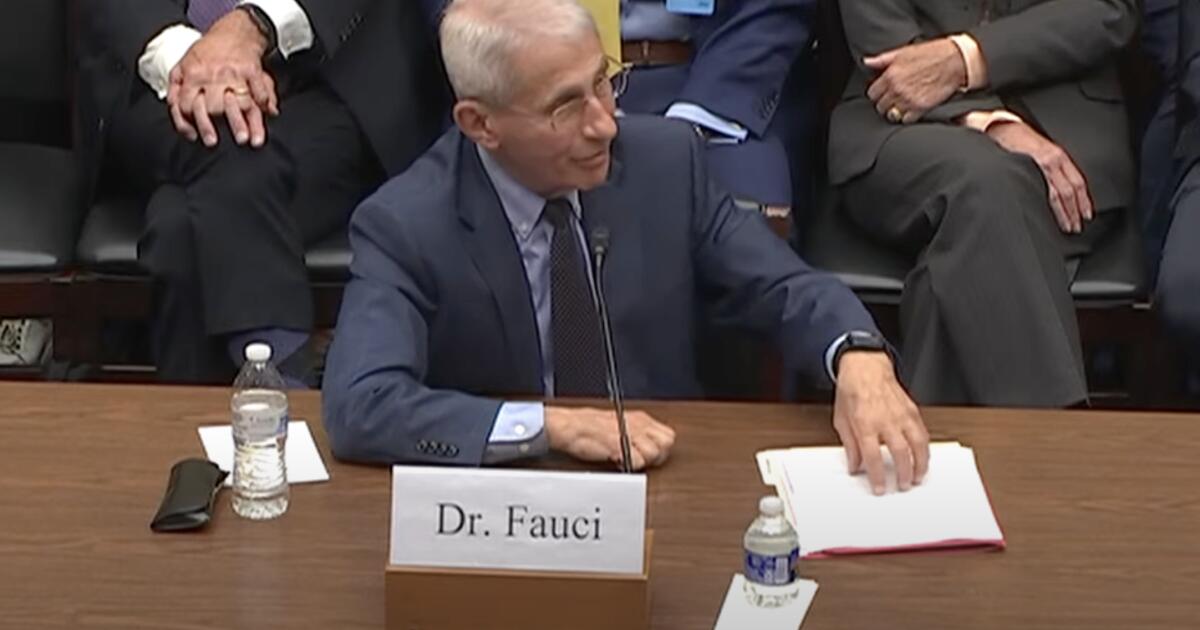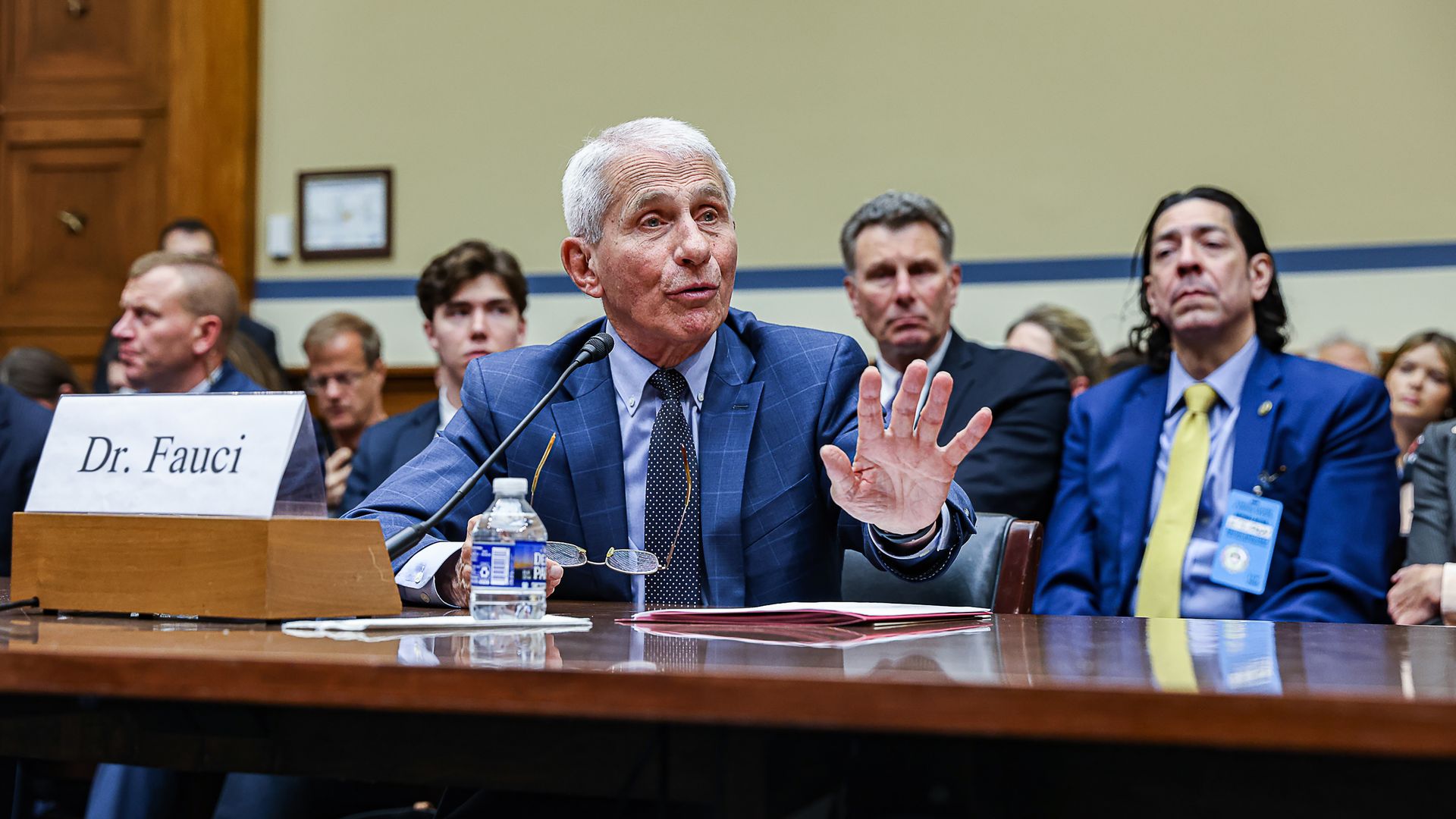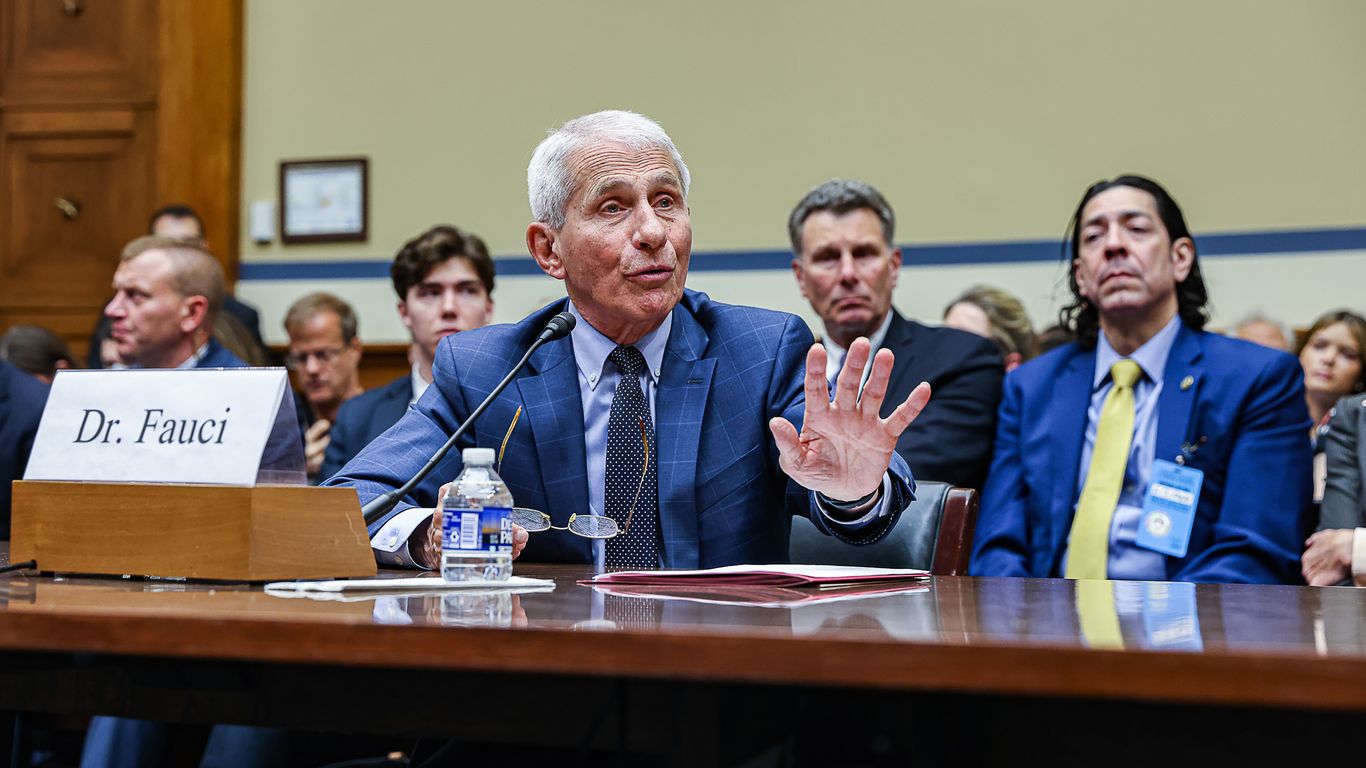
Dr. Anthony S. Fauci, a renowned figure in the medical community with over 50 years of experience at the National Institutes of Health (NIH), has been at the forefront of various health crises throughout his career. His tenure as director of NIH's National Institute for Allergy and Infectious Diseases (NIAID) saw significant advancements in HIV research, mRNA technology development, and pandemic flu research.
Fauci's leadership at NIAID led to billions of dollars in investments that resulted in the creation of mRNA technology. This groundbreaking innovation paved the way for the rapid development and deployment of COVID-19 vaccines, saving countless lives during the global pandemic.
Throughout his career, Fauci has advised seven presidents from Reagan to Biden. Despite political changes, he remained a constant voice of expertise and guidance in public health matters.
Recently, Fauci faced questioning in a House hearing regarding his role during the COVID-19 pandemic. The hearing focused on allegations that former NIAID senior adviser David Morens attempted to avoid Freedom of Information Act (FOIA) requests by using his personal email account. Fauci denied any wrongdoing and refuted claims and implications in the emails regarding him seeking to cover or downplay a potential lab-leak theory on the origins of the pandemic.
Meanwhile, former President Trump attempted to downplay Fauci's role in his administration. However, Republicans have made Fauci an avatar of their retribution if they return to power. In contrast, Robert F. Kennedy Jr.'s third-party White House bid is gaining traction by attacking Trump's Covid-19 policies.
Despite the political climate and heated exchanges during the hearing, it is essential to maintain a factual and unbiased approach when reporting on these events.






